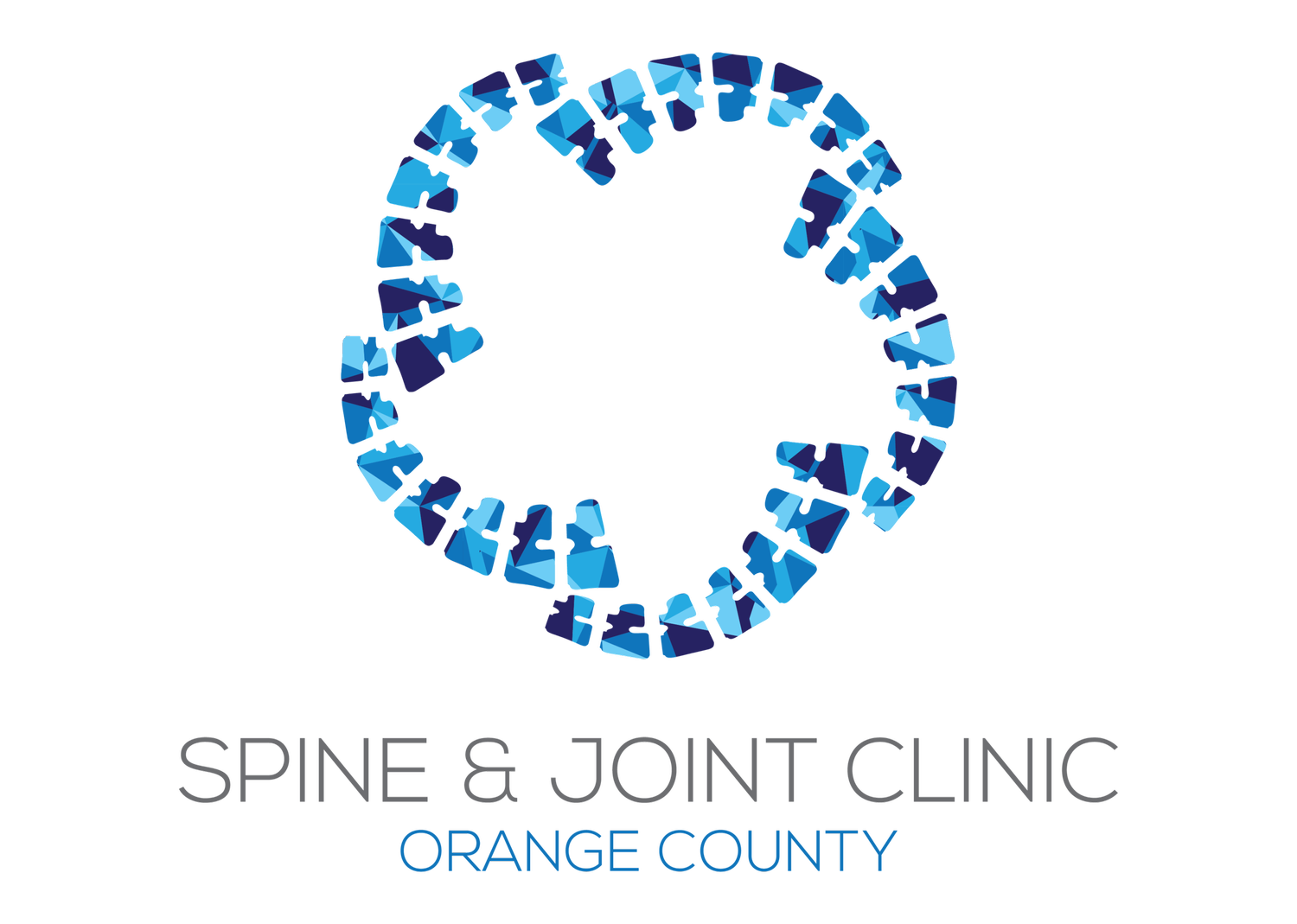
Functional Medicine addresses the root cause of an illness instead of relying on drugs to suppress symptoms. It is the science of health and the future of healthcare.
The Functional Medicine Approach
Nick Deliberato holds the designation of ADAPT Trained Practitioner from Kresser Institute, the only Functional Medicine and ancestral health training company.
Functional Medicine is a different approach to care. It addresses the root cause of an illness instead of relying on drugs to suppress symptoms. It recognizes the interplay between the main systems of the human body and looks to correct the mismatch through diet and lifestyle.
Chronic disease is climbing at a frightening trajectory. Our current model deploys surgeries and medications in what can be described as a disease management model. The problem is only going to become more urgent. 60 percent of American adults now live with at least one chronic condition; 42 percent have more than one.
Living with chronic disease is HARD work!
Functional medicine is patient centered, holistic and evidence based healthcare. The conventional model focuses on the disease and looks to pharmaceuticals to curb symptoms. Today’s healthcare system creates a revolving door rarely attempting to uncover the root cause. Functional medicine looks at each individual’s specific condition(s) and digs deeper in hopes of reversing chronic illness and providing patients with the full picture.
Here’s how it typically works in conventional healthcare.
A patient with high blood pressure spends 10 minutes with a doctor. Afterwards he or she leaves with a prescription for a new drug
A patient takes some blood test and reviews them with her doctor. She finds out she has autoimmune hypothyroidism The standard of care is just to wait until the immune system has destroyed enough thyroid tissue to warrant hormone replacement. Other symptoms, like depression or insulin resistance that might develop as a result of Hashimoto’s, would just be medicated as well.
A patient with repeat bloodwork showing high cholesterol is put on a statin with little education around unintended side-effects of the medication.
On the other hand, a functional medicine practitioner would instead take the time to uncover (using in-depth questionnaires and diagnostic testing) what was causing the problem before determining which diet, lifestyle, and environmental interventions would address it.

